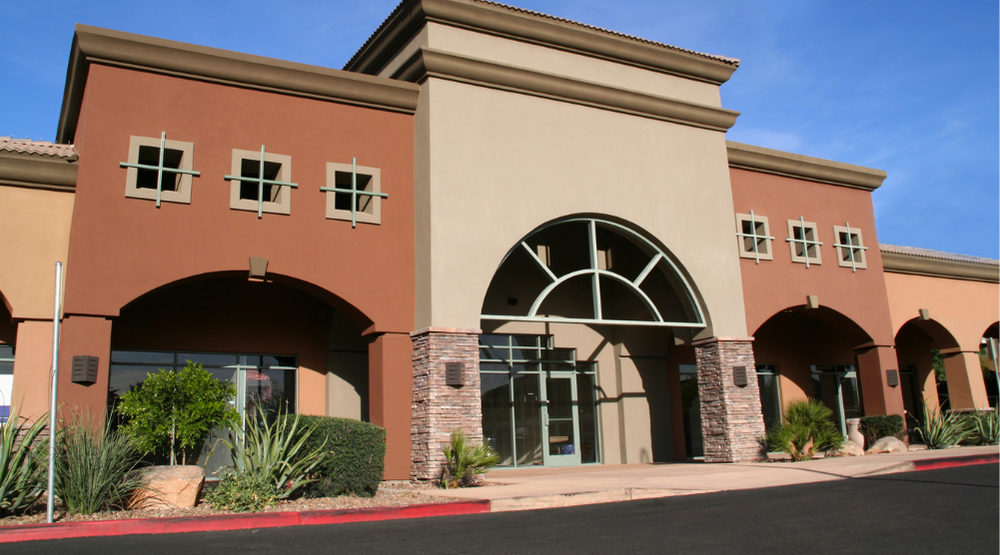
James Beard
Student at Chapman University, Orange, CA
ABeginner’s View of Alternative Assets
My name is James Beard, and I am an undergraduate student attending Chapman University pursuing a degree in Business Administration with an emphasis in Real Estate. As an intern for Phoenix American Financial Services, I am conducting market research pertaining to alternative assets in real estate.
As a fund administrator for alternative investment funds including DSTs, Phoenix has a unique perspective on the impact of the COVID-19 pandemic and recent events on this asset class. At Phoenix, we provide full-service fund administration and back-office support so that fund managers can concentrate on the areas where they add value.
While fund structures become increasingly complex and the cost of technology escalates, more and more funds are looking to be relieved of the expenses and difficulty that comes with employing and managing in-house teams performing non-core functions. That way, fund managers can focus on raising capital and acquiring assets while we take care of the rest.
Some of these services consist of but are not limited to…
- Fund accounting
- Financial reporting
- Tax processing
- Proxy services
- Phone support
- Transfer agent services
- Printing fulfillment
- Web portal access
- Tracking and reporting transactions and values for a portfolio (and sometimes individual assets within a portfolio)
- Calculation of NAV
- Shareholder management and financial communications
- Maintaining investor registry in a specialized software application
- Preserving financial books and records
Anything that doesn’t have to do with portfolio management, investment decision-making and sales can likely be outsourced to third party intermediaries like us. Fund managers benefit from the perspective, experience, knowledge, and depth of services only a fund administrator can provide.
Through the lens of a fund administrator, I will discuss the Biden administration’s stance on a 100-year-old tax deferral mechanism used by investors looking to acquire more real estate rather than cash out, as well as the growing trend of repurposing an existing structure for new use in order to maximize the rate of return on investment.
Background on 1031s
In the last 10 years, like-kind exchanges have accounted for 10-20% of all commercial real estate transactions. Like-kind created 100 years ago with the goal of aiding farmers to help them reorganize and improve their properties, combine acreage, acquire superior land, and lessen environmental impacts. One may dispose of an asset and use the proceeds to acquire a similar one of equal or greater value. In doing so, capital gain and depreciation recapture taxes may be deferred.
When an investor uses the like-kind exchange, they…
- Make larger investments
- Generate more opportunities within a sector
- Readjust portfolios without needing to find enough cash to pay taxes
- Minimize the need for outside financing
- Trade up from duplexes to fourplexes, and then onto larger apartment complexes and multifamily communities
- Increase the supply of rental properties
- Build multi-generational wealth
- Provide an opportunity to narrow the growing wealth gap
Almost two-thirds (63%) of realtors have participated in a like-kind exchange. In 2021, it is estimated that like-kind exchanges will help individuals save $5.7 billion and help corporations save $2.3 billion. In 2020, they generated $3.2 billion in sales, and that number is expected to rise to $4 billion for 2021.
Section 1031 spurs real estate transactions, which…
- Stimulates the economy
- Encourages adaptive reuse
- Creates business for contractors, construction workers, building material suppliers, property managers, and companies that provide insurance, title inspection, accounting and legal services, and other real estate services
Investor Profile
This provision is compelling to investors looking to acquire more real estate rather than cash out. Most people aren’t able to afford a new property after paying taxes on a property that was previously sold. Like-kind exchanges are a key component of the real estate investment market to small and mid-size investors, benefitting everyday investors by allowing them to increase income and net worth by temporarily deferring taxes on reinvested sales proceeds.
The benefits of like-kind exchanges apply to participants across the board:
- Any taxpayer (including landlords), investor, or person who owns real property held for use in business.
- Individuals and smaller investors owning single-family rentals, smaller retail properties, offices, apartments, farms, and forests.
- Local governments looking to conserve land for public benefit
- C and S corporations, GPs and LPs, LLCs, trusts, and other taxpaying entities
The great majority, 84%, of 1031 exchanges are carried out by smaller investors (primarily sole proprietors and S-Corps.) whose real estate holdings make up the largest portion of their net worth and are very important for retirement planning. It is estimated that 1 in 4 baby boomers own one or more investment properties.



